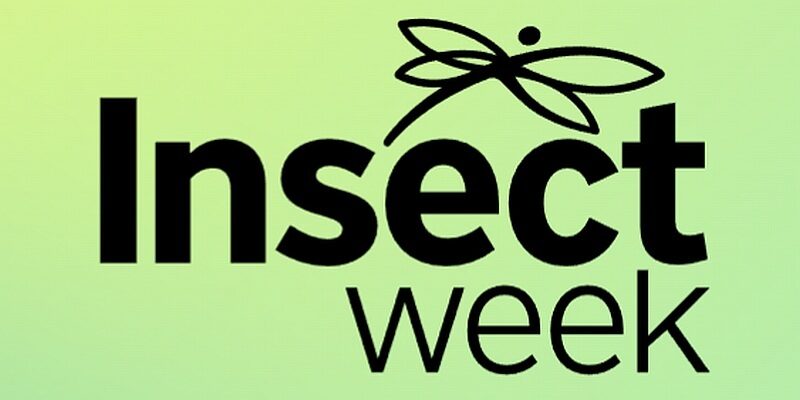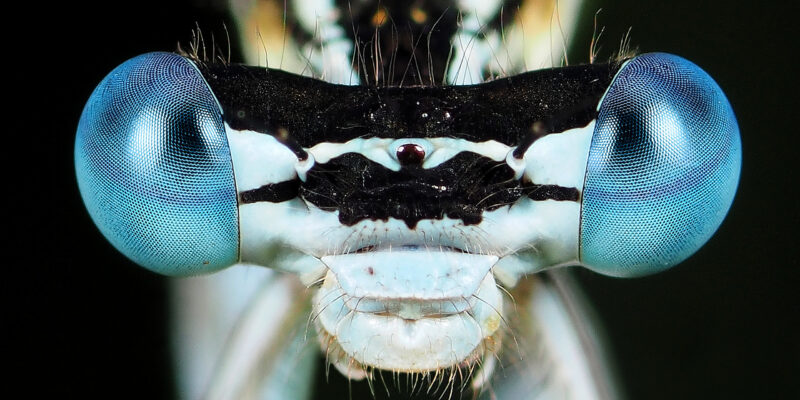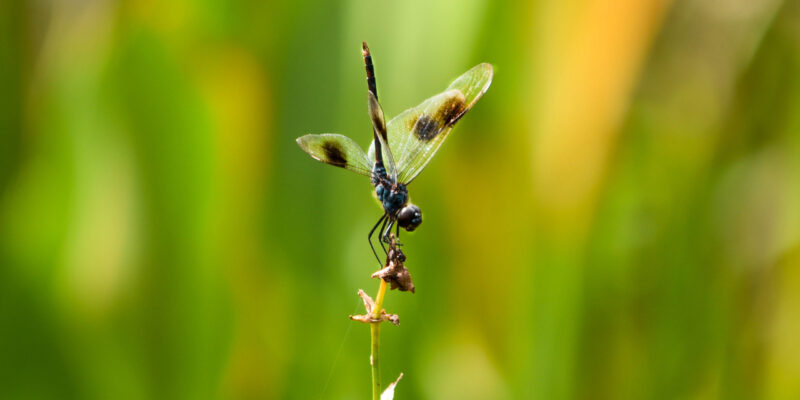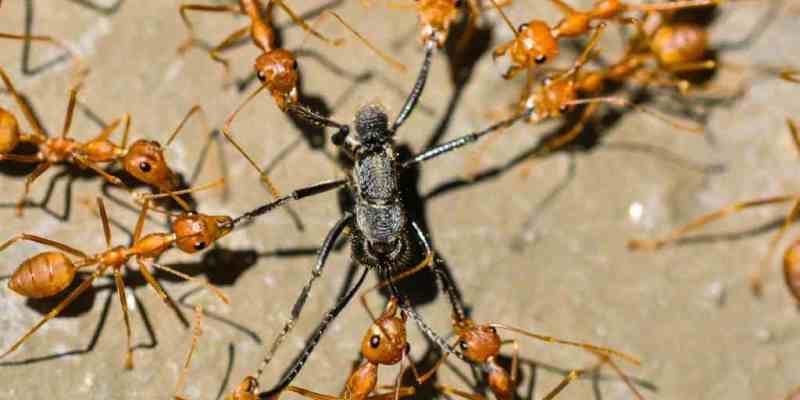Introduction
The RES Higher Education (HE) Bursaries application process aligns with the Royal Entomological Society’s strategic priorities to support the study and practice of insect science. The RES is committed to funding training bursaries, grant programs, and awards to support the next generation of entomologists. Our goal is to develop the RES grants and awards programme with clear guidelines, criteria, and assessment, ensuring high-impact support for students.
In response to reports from the BBSRC which identifies entomological skills are vulnerable and also to the Grand Challenges paper published in 2023, RES has increased the bursary support to £20,000 per annum from September 2024. It is hoped this support will encourage more students to undertake entomological studies and continue this into their careers.

Bursary criteria
The RES HE Bursaries aim to support education in insect science by funding students to enhance their knowledge and skills in entomology through university courses. The bursaries aim to support students to continue their studies and support them at the start of their career.
By supporting students through institutions committed to insect science, we aim to strengthen the overall entomological community and ensure the sustainability of the HE courses offering insect science.
We are inviting applications from course leaders at institutions to apply for up to £4000 for their institution (this may be higher depending on the level of applications). We invite institutions to determine how they would use the funding. For example, it may be to support one student with the full £4,000 or it may be distributed to a greater number of students with a small value. Ideally, we would like the funding to have the biggest impact as possible. It is important that a commitment to Equity, Diversity and Inclusivity are also considered as part of the application.
Funding can be used to support tuition fees or with other course costs as determined by the institution. How the funding is distributed and awarded will be determined by individual institutions. Successful applicants will be provided funding on an annual basis. After this period the funding will be reviewed, and a new application process will take place. Applications for funding are open to course leaders at UK (Level 7) and ROI (NFQ Level 9) Higher Education institutions offering courses (MA, MSc, MRes) with 33% entomology content or more e.g. 60 credits out of a 180 credit course. Funding is not currently available for institutions based outside the UK or ROI.

To apply
Please complete the application form at the bottom of this page.
Timeline
Applications are now closed for the 2024-2025 academic year.

Assessment Guidance
Academic Quality and Relevance (30%):
Course Title and Content: Evaluate the academic quality of the courses, including the depth and breadth of entomological content. Ensure the course meets the requirement of 33% entomology content.
Entomological Content Description: Assess the detailed description of the entomological content covered in the course (module titles, topics, contact hours, and modes of teaching).
Impact and Outcomes (20%):
Impact Measurement: Evaluate the institution’s plan for measuring the impact of the bursaries on students and the institution, including both short-term and long-term outcomes.
Legacy Planning: Consider how the institution plans to communicate the impact of the bursaries to the RES membership and the broader entomological community.
Equity, Diversity, and Inclusion (EDI) (20%):
EDI Commitment: Review how the institution plans to incorporate EDI considerations in distributing the bursaries to students.
Specific EDI Measures: Assess the institution’s specific measures to promote EDI within the field of entomology, such as outreach and recruitment programs, inclusive curriculum, and support services for underrepresented groups.
Financial Viability and Budgeting (10%):
Funds Requested and Breakdown: Review the detailed budget breakdown to ensure the requested funds are used effectively and align with the stated goals. Assess how the funds will support tuition fees or other course costs.
Administration of Bursaries: Evaluate the institution’s plan for administering the bursaries, including the application process for students, the staff responsible, and the timing of payments.
Institutional Commitment and Collaboration (10%):
Development of Relationship with RES: Assess the institution’s commitment to developing a long-term relationship with the RES, including crediting and promoting the RES in course materials and inviting RES representatives to events.
Student Participation in RES Events: Evaluate how the institution plans to encourage student participation in RES activities, such as the Student Forum and other RES events.
Evaluation and Legacy (10%):
Long-Term Impact: Ensure the institution has a robust plan for evaluating the long-term impact of the bursaries on both students and the institution.
Communication of Outcomes: Assess how the institution plans to communicate the outcomes and successes of the bursaries to the RES and the broader entomological community.

Apply

Learn about our previous bursary scheme of £12,000 supporting three postgraduate bursaries with Harper Adams University.





